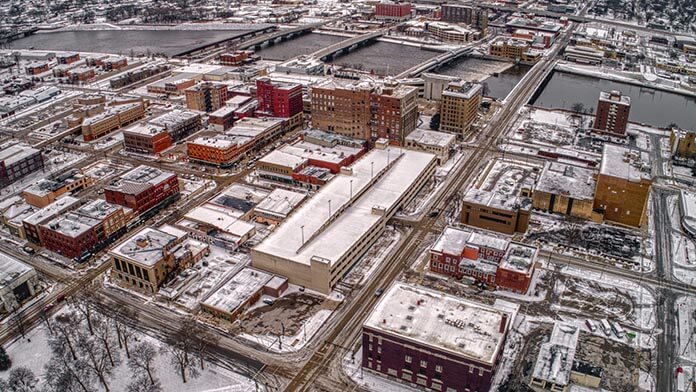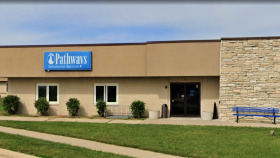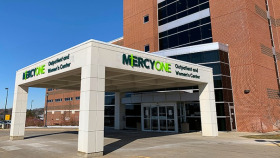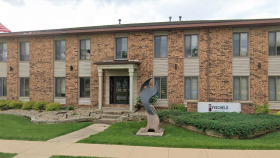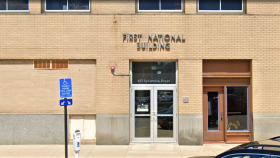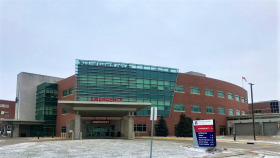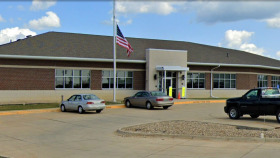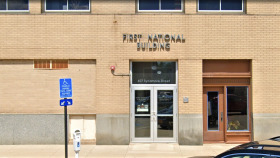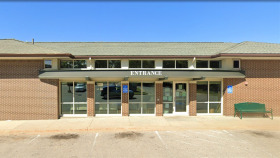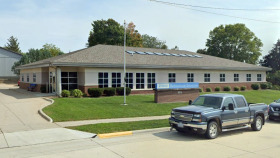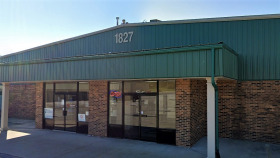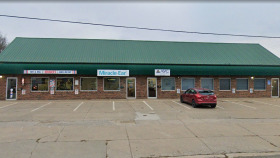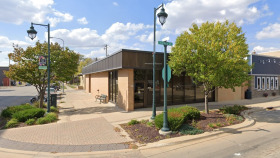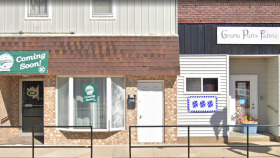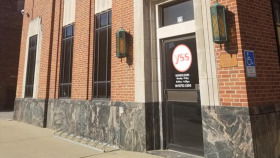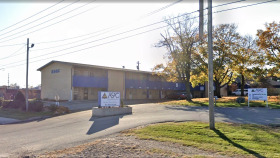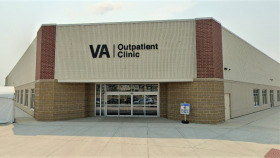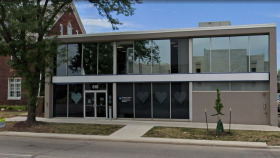Alcohol and Drug Statistics for Waterloo, IA
Iowa ranks relatively low among U.S. states for overall issues related to drugs and alcohol. But in recent years, the state has seen a jump in usage of and deaths related to drugs and alcohol s, an increase that also affects Waterloo and Black Hawk County.1
Although Iowa ranked 45th among U.S. states for illicit drug use and overdose deaths in 2021, it also ranked 8th in binge drinking and 5th in misuse of opioid pain medications.2 And in 2019, record numbers of Iowans ended up in hospital emergency rooms for drug and alcohol-related injuries. Here are a few more recent statistics on alcohol and drug use affecting the health and well-being of residents in Black Hawk County and the state of Iowa:3
In 2020, one in five Iowa residents was classified as a binge drinker.
In the same year, alcohol consumption in the state exceeded national averages by about 10%.
More than 1,000 annual deaths in Iowa are related to excessive alcohol consumption.
Levels of Substance Misuse Care
Various levels of substance misuse treatment are available. You’ll want to know the different options before choosing a program.
Professional Detox
Drug detox is a set of interventions aimed at managing uncomfortable withdrawal symptoms, helping you to achieve a substance-free and medically-stable state. Detox isn’t always necessary, but it is recommended for alcohol, benzo, and opioid addictions.
Inpatient Care
You live at the treatment facility for the entire length of the program, ranging from 30 to 90 days, receiving around-the-clock care, including individual therapy, group therapy, support groups, family therapy, medication (if applicable), and more.
Partial hospitalization programs (PHPs)
You live at home while attending therapy and counseling for several hours each day at a hospital or facility—between 20 and 30 hours per week. This is a great option for those who need a high level of support but don’t want to live elsewhere.
Intensive Outpatient Programs (IOPs)
You live at home while receiving therapy and other services in an outpatient setting for anywhere from nine to 20 hours per week.
Standard Outpatient
The least intensive and structured option, you live at home and receive 2 to 4 hours of treatment per week. This option may be beneficial for someone with a mild addiction who has a great support system and strong motivation to get sober.
Relapse Prevention
After completing your initial treatment program, you will want to continue with relapse prevention services, such as support groups, ongoing therapy, transitional housing, or some combination of many services.
How to Pay for Addiction Treatment in Iowa
The following are various ways to finance your recovery program:
Private Insurance
If you have private health insurance from the Healthcare Marketplace or through your place of employment, you can use your insurance to cover the cost of drug and alcohol rehab. By law, your provider is required to cover addiction treatment services to the extent they cover medical services. This means they will likely provide partial or full coverage for treatment.
Iowa Medicaid
Iowa Medicaid is a federal health insurance program that provides coverage for low-income people and families who don’t have access to private insurance. You can use Iowa Medicaid to cover the cost of drug rehab in Waterloo.
Medicare
Iowa Medicare provides health insurance coverage to people aged 65 and older. Like Medicaid, Medicare covers substance misuse treatment services, such as inpatient and outpatient rehab as well as substance use disorder assessments.
TRICARE in Iowa
Iowa is located in the West Region for TRICARE, a government program providing health insurance coverage for military personnel, veterans, and their families. You can use TRICARE to cover the cost of drug and alcohol rehab, making it more accessible.
Sliding Scale Payment Options
If a free rehab is full or has a long waiting list, you can apply to a sliding scale rehab, which only charges you what you can reasonably pay based on your income.
IHS-Funded Drug Rehabs
The Indian Health Services provides funding for some Iowa drug and alcohol rehab centers, making them able to provide free treatment to Indigenous people.
Traveling to and Within Waterloo, IA

If you’re looking for alcohol and drug rehab in Waterloo, IA, or if you’re visiting someone who’s having treatment at an alcohol and drug rehab in the area, you may want to know a few things about activities, lodging, and travel in and around the Waterloo-Cedar Falls area:
- Waterloo has various activities and attractions, including casinos, golf courses, restaurants, and a waterpark.
- The city’s arts and culture scene include the Waterloo Center for the Arts and the Grout Museum District.
- Waterloo has its own commercial airport, Waterloo Regional Airport.
- Waterloo is about 55 miles from the larger city of Cedar Rapids on Highway 380.
- Travel options between Waterloo and Cedar Rapids include intercity buses and Amtrak.
- Waterloo has 17 hotel and motel options, including popular national chains Comfort Inn, Best Western, and Baymont.
Iowa Substance Misuse and Treatment Laws
Iowa has several substance misuse and treatment laws that can help save lives, including:1
Residential Substance Use Disorder Treatment Act of 2021: This act increased access to drug addiction treatment services in prisons and jails and helped people transition to treatment in the community.
Americans with Disabilities Act (ADA): This law includes drug and alcohol addiction as a disability, which means you may be eligible to receive disability benefits.
Code of Iowa Chapter 321J.17: This law requires that Iowa drivers who receive a DUI must undergo a substance misuse assessment.
Iowa Good Samaritan Law: This law encourages witnesses to call 911 in the event of an overdose by protecting them from prosecution for drug possession.
Resources
- Governor’s Office of Drug Control Policy. (2021). Drug Trends in Iowa.
- National Center for Drug Abuse Statistics. (2019). Iowa Alcohol Abuse Statistics.
- Governor’s Office of Drug Control Policy. (2022). Iowa Drug Control Strategies & Drug Use Profile.

